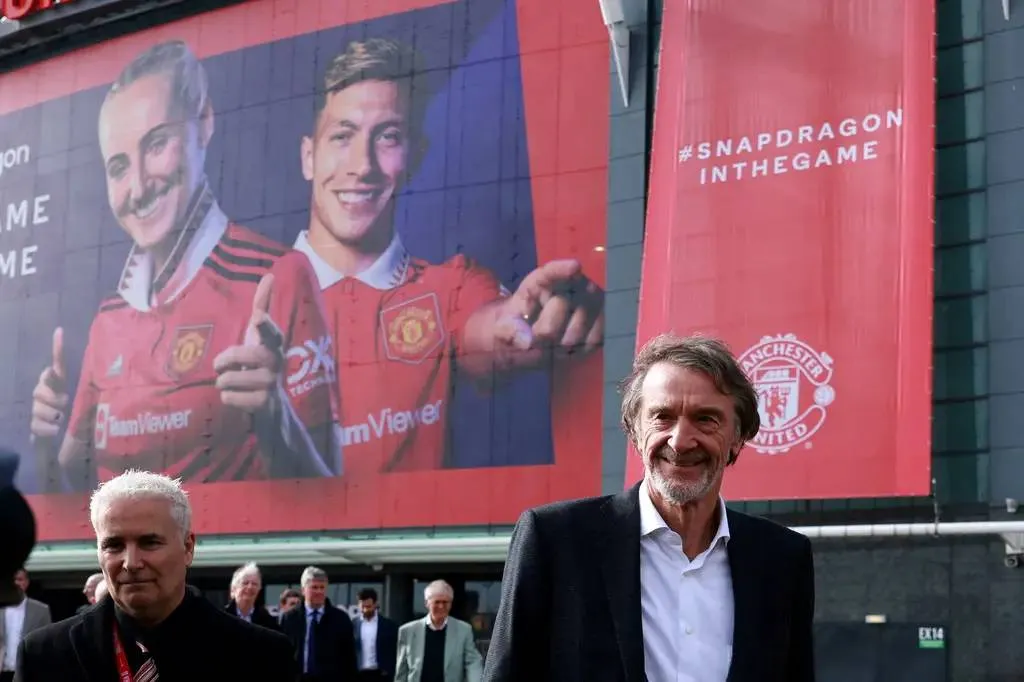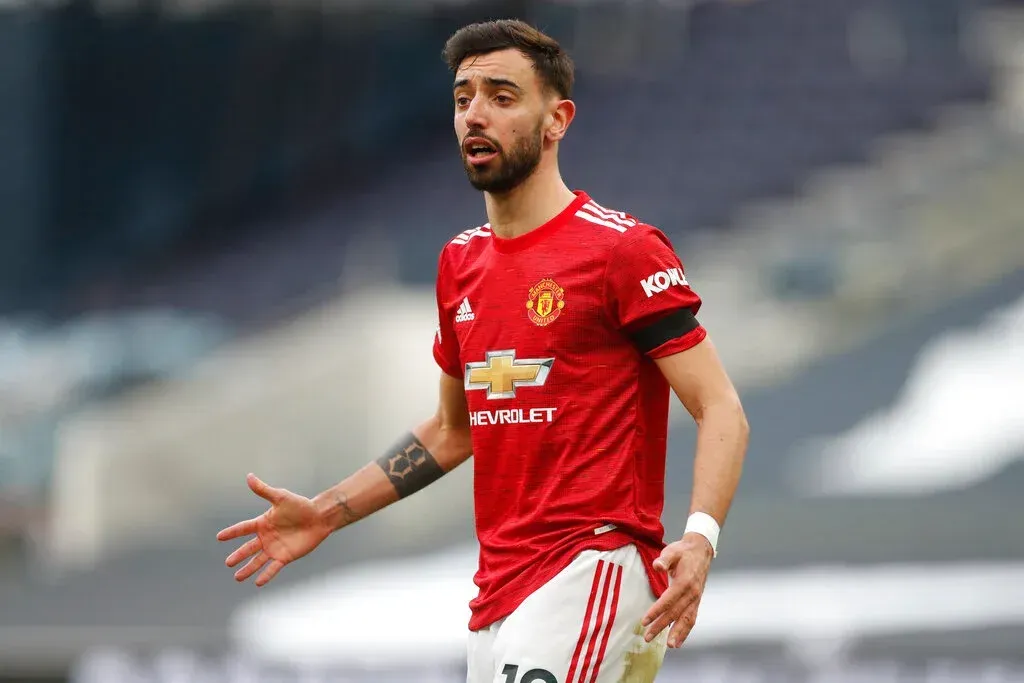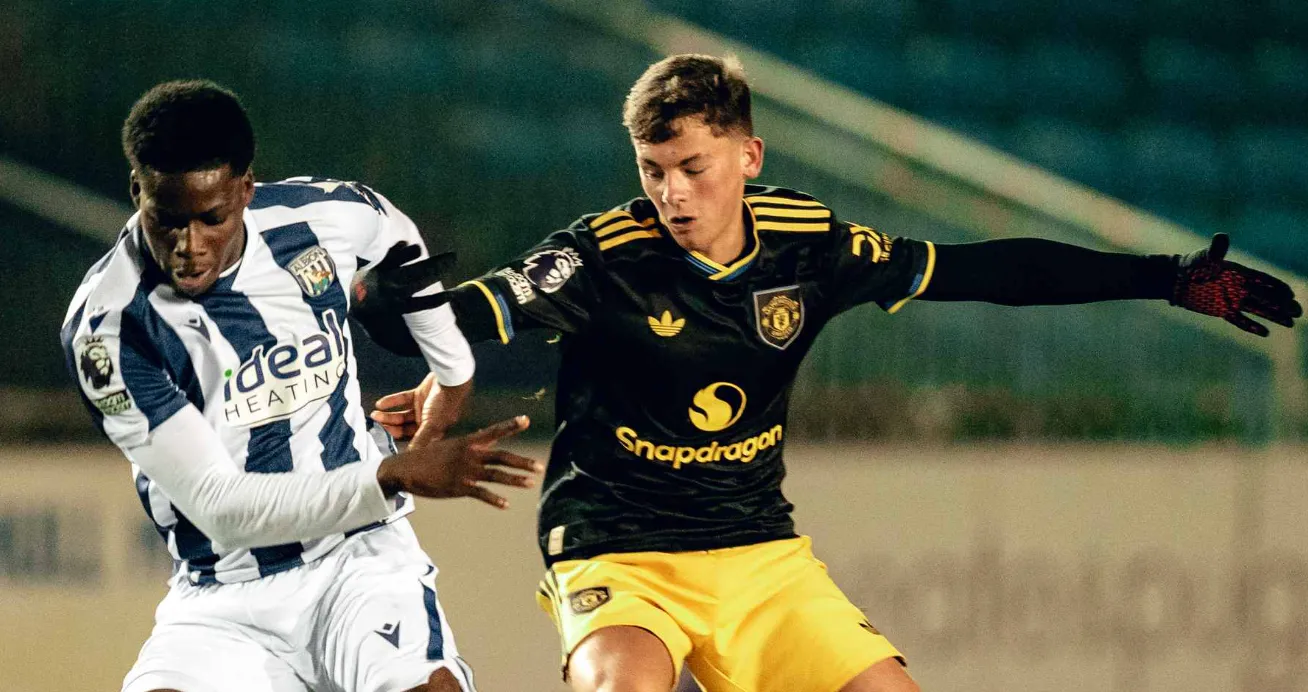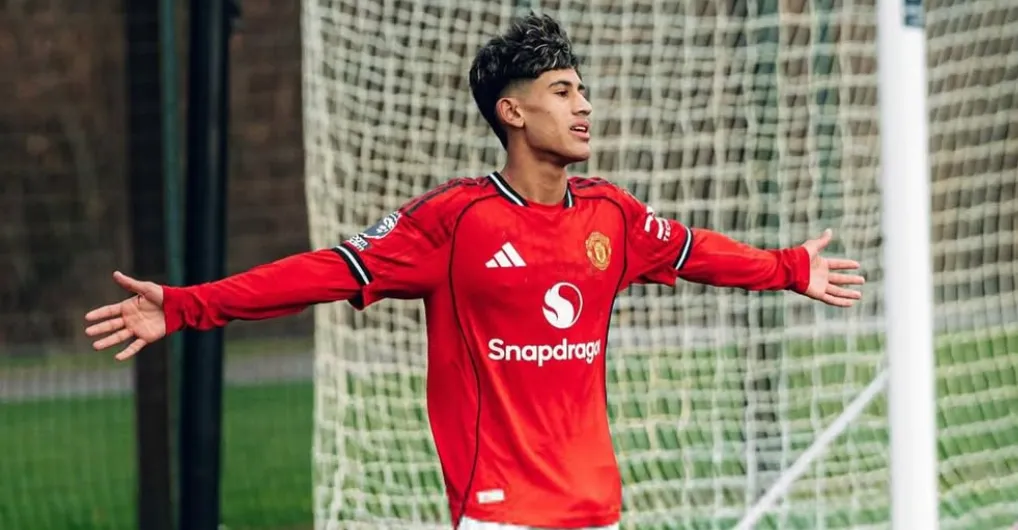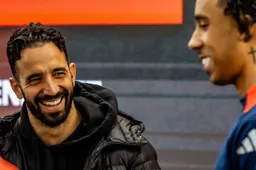Man Utd 'could have gone bust by Christmas' says Sir Jim Ratcliffe
NewsTuesday, 11 March 2025 at 08:30
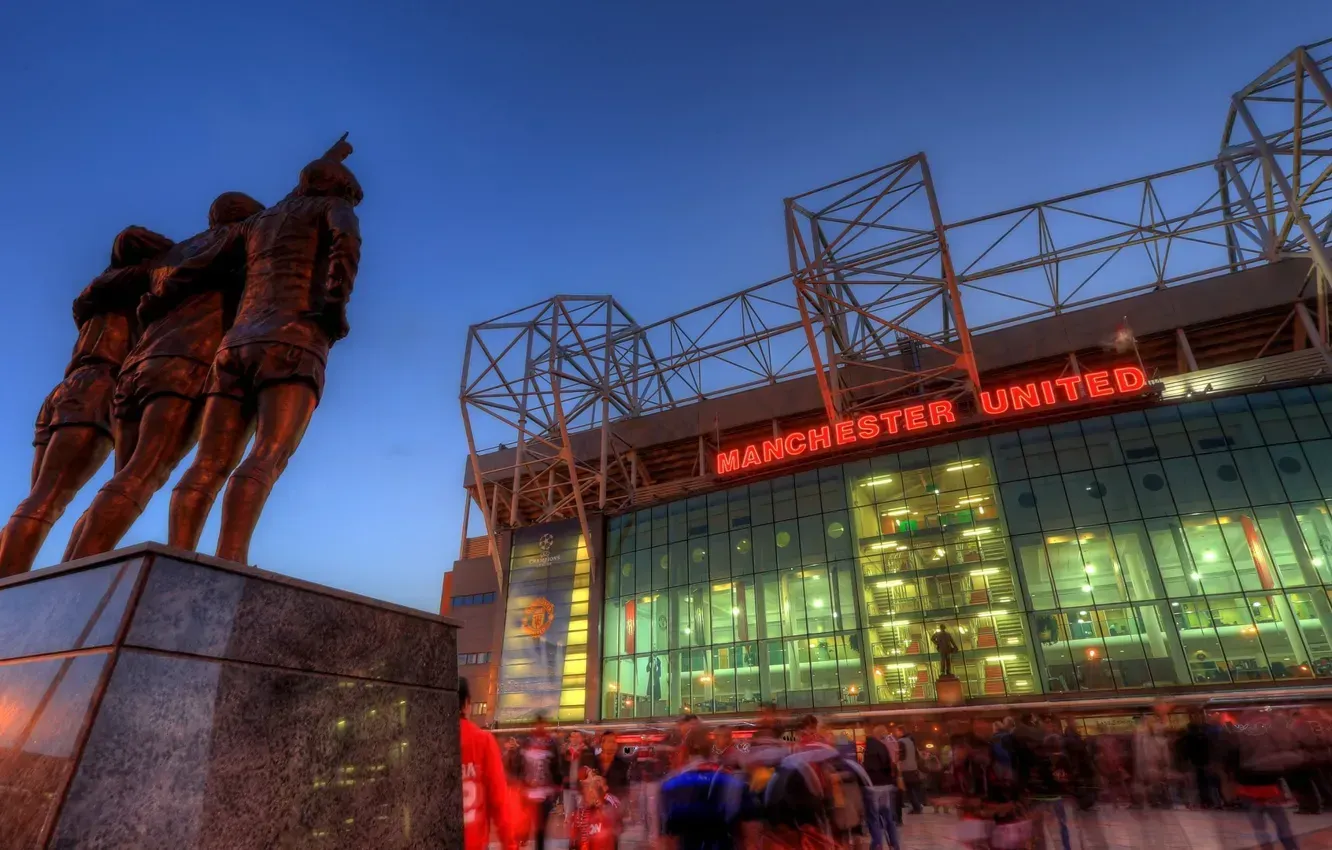
Sir Jim Ratcliffe, the billionaire owner of Ineos and co-owner of Manchester United, has revealed that the club was teetering on the edge of financial ruin and could have gone “bust by Christmas” if not for a sweeping cost-reduction and redundancy program.
In an extensive interview, Ratcliffe explained that United’s finances had spiraled out of control, hidden behind complex financial data, necessitating drastic changes, including the elimination of approximately 450 jobs to stabilize the organization.
Financial Mismanagement and Necessary Cuts
Ratcliffe, who acquired a 28.94% stake in the club from the Glazer family a year ago and took full control of football operations, highlighted that United had suffered a £410 million loss over the past seven years. Without intervention, the club’s cash reserves would have been entirely depleted by the end of 2025.
“For the past seven years, including this one, the club has spent more than it has earned,” Ratcliffe stated. “Persist in that pattern, and you eventually hit a wall. Without these changes, the club would be insolvent by Christmas.”
Read also
Among the excessive expenditures, Ratcliffe cited a £175,000-per-year “body language consultant” and unnecessary staff perks such as free first-class travel. Additionally, he confirmed that Manchester United would be paying £100 million in transfer fees this summer for players already on their books, including Antony, Jadon Sancho, Casemiro, Lisandro Martínez, Rasmus Højlund, and André Onana.
Sir Alex Ferguson, initially displeased, accepted the termination of his £2 million-a-year consultancy role after discussions with Ratcliffe. “It was a mature conversation, though he was a bit grumpy at first,” Ratcliffe admitted.
Turning United into a Profitable Club
Ratcliffe laid out an ambitious plan to transform United into the Premier League’s most profitable club within three years. By cutting operational costs by £125 million—a significant 25% of their £650 million turnover—he believes the club’s financial outlook has been fundamentally altered.
“Do you run a business based on public opinion or on what you believe is the right approach?” he asked. “You can’t offer perks like free lunches, first-class travel, or taxis while slashing costs elsewhere—it sends mixed messages.”
The billionaire also pointed out that staffing levels had grown irrationally despite financial losses. “While losing money, the club increased its headcount by 250 people,” he noted. “Since 2016, operational costs have risen by £100 million, and player salaries have surged by £100 million, while revenue has only grown by £100 million.”
Read also
Support for Ruben Amorim and Admission of Mistakes
Despite growing criticism of manager Ruben Amorim, Ratcliffe defended him, stating that the Portuguese coach is performing well under challenging circumstances.
“Considering the squad at his disposal and the fact that he joined mid-season, I think Ruben is doing an outstanding job,” he said. “People expect instant miracles, but that’s not realistic. Criticize me if you must, but give Ruben a break.”
Ratcliffe admitted to mistakes early in his tenure, particularly the appointment of Dan Ashworth as sporting director and the extension of Erik ten Hag’s contract. “Those were errors,” he acknowledged. “With Erik, it was an emotional reaction after the FA Cup victory. On Dan, it was a matter of chemistry. We won’t get every decision right, but we learn as we go.”
Future of Old Trafford and United’s Regeneration
Ratcliffe also outlined grand plans for Old Trafford, envisioning either a new stadium or a major redevelopment, with hopes of government support to regenerate the surrounding area. He suggested that a transformed stadium could become an iconic tourist destination, generating £7 billion annually for the northern economy.
“We won’t ask the government to fund the stadium, but we can’t finance the broader regeneration alone,” he said. “A truly iconic stadium could attract our billion global fans to Manchester, creating an economic boost akin to the Eiffel Tower for Paris.”
A Tough but Necessary Road Ahead
Ratcliffe compared United’s overhaul to tough decisions made in his other ventures, such as withdrawing Ineos sponsorships and cutting costs in response to market challenges.
“It’s not about fairness—it’s about reality,” he stated. “By applying the same principles of efficiency and discipline, we’ll turn United around. It’s a long road, but we’re committed to getting it right.”
With Ratcliffe’s cost-cutting measures now firmly in place, Manchester United faces a future of financial discipline, aimed at long-term sustainability rather than short-term fixes. Whether the fans will accept these changes remains to be seen, but Ratcliffe is convinced that his approach is the only viable path forward.
loading
Loading
